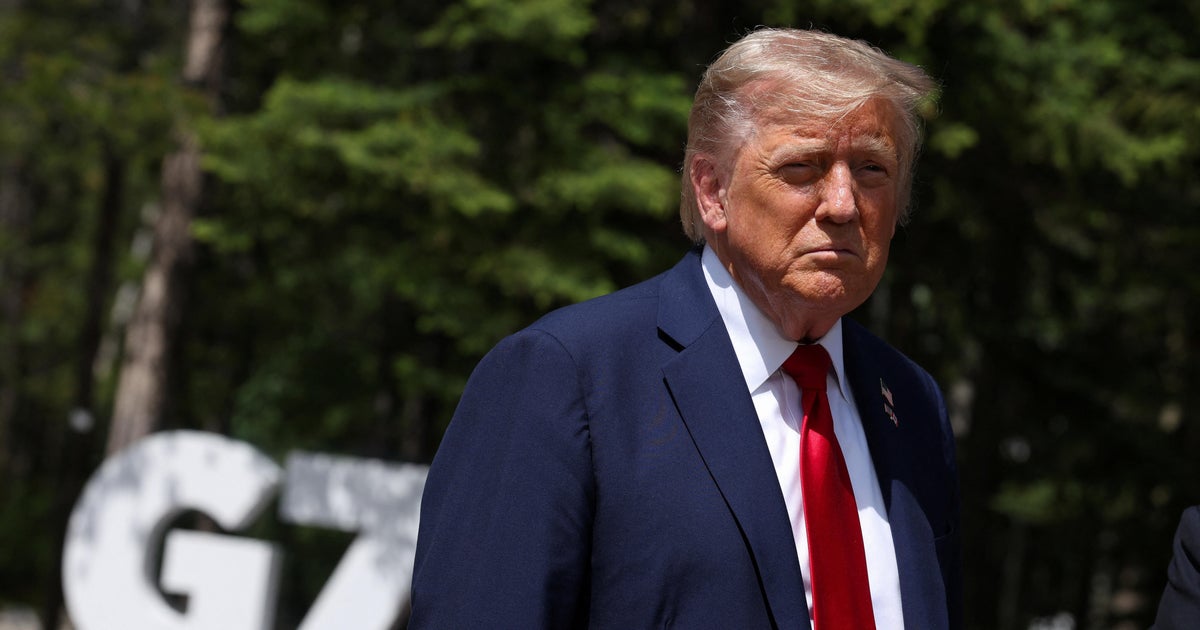In Washington, a significant legal challenge is brewing as two Illinois-based companies, specializing in educational toys and products, have approached the Supreme Court, seeking an urgent review of tariffs imposed by President Trump. These companies, Learning Resources and hand2mind, argue that the tariffs have had a profound and wide-reaching impact, affecting businesses and consumers across the United States. They are now urging the highest court to expedite their case, bypassing the U.S. Court of Appeals for the District of Columbia Circuit.
The crux of their argument centers around the International Emergency Economic Powers Act (IEEPA), questioning whether this federal emergency powers law actually grants the president the authority to impose such tariffs. They propose that the Supreme Court either holds a special session in September or includes their case in the docket for October when the justices reconvene for a new term.
Rick Woldenberg, CEO of Learning Resources, has openly criticized the tariffs, describing them as a significant financial burden and likening them to an unjust tax increase. He emphasized the urgency of the situation, indicating that it poses serious separation of powers issues that need immediate resolution. According to Woldenberg, the executive branch has overstepped its boundaries by essentially taxing the populace through these tariffs.
This legal quandary ties into a broader nationwide controversy surrounding President Trump’s tariff strategy. In a separate but related legal battle, the U.S. Court of International Trade recently issued a ruling against Trump’s 10% tariff imposed on virtually every U.S. trading partner, along with specific duties on imports from Mexico, Canada, and China. These measures had been justified by the Trump administration as necessary responses to illicit drug trafficking issues. However, even though this decision was favorable to the challengers, the Justice Department has escalated the issue to the U.S. Court of Appeals for the Federal Circuit, which has allowed the tariffs to be reinstated temporarily as it prepares to hear the case.
The lawsuit spearheaded by Learning Resources and hand2mind challenges the tariffs on similar grounds but is rooted in the argument that neither the Constitution nor the IEEPA authorizes the president to implement these levies. This dispute has already seen some movement in the courts, with U.S. District Judge Rudolph Contreras ruling last month in favor of the firms. Contreras concluded that the emergency powers law does not sanction the president’s tariff orders. Although this decision provided temporary relief from the tariffs for the two companies, it has been stayed pending an appeal by the Justice Department to the D.C. Circuit.
This ongoing legal turmoil highlights the contentious nature of Trump’s tariffs. They have become a central aspect of his economic policy, envisioned as tools to revive American manufacturing and recalibrate global trade dynamics. The president has frequently used the imposition of tariffs—and the threat of escalating them—as leverage in negotiating trade deals with various countries.
Trump’s tariff announcements have not gone without opposition or controversy. For instance, the initial imposition of what were labeled as “reciprocal” tariffs on Liberation Day was quickly put on hold following severe backlash from the financial markets and growing concerns over potential economic downturns. This decision to pause the tariffs came amidst volatile market reactions and widespread anxiety about the broader economic implications of such trade barriers.
In this high-stakes legal and economic landscape, the outcome of the Supreme Court’s decision could have profound implications. It is not just about the financial burdens on businesses like Learning Resources and hand2mind but also about the broader constitutional questions regarding the limits of presidential power under the U.S. legal framework.
As the Supreme Court deliberates on whether to take up this expedited review, the nation watches closely. The resolution of this dispute will not only affect the involved companies and their ability to conduct business without prohibitive tariffs but will also set a significant precedent regarding the scope of executive power in economic and international trade matters.
This case, therefore, does not exist in isolation but is a pivotal moment in an ongoing debate about governance, executive authority, and economic policy in the United States. Whether the Supreme Court decides to hear the case sooner rather than later could influence the economic landscape and political discourse around presidential powers and economic emergency measures for years to come.









